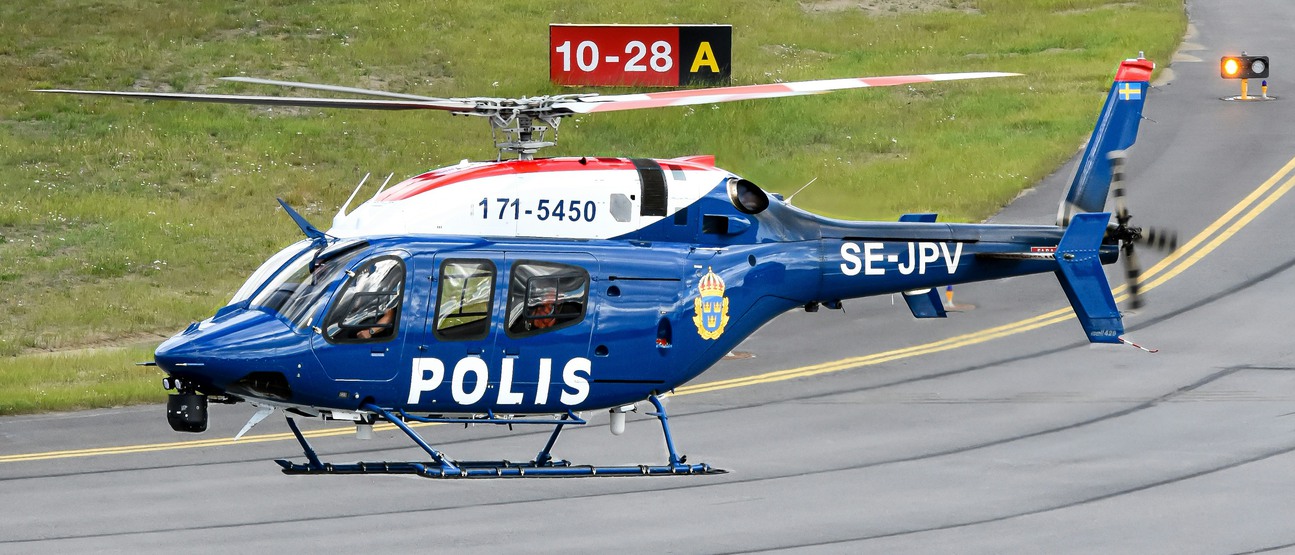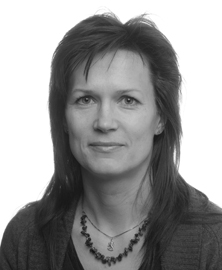
The project aims to reduce the risks for ambulance and rescue service personnel in the event of difficult and unpredictable events. By developing a method package for digital simulation, the researchers want to improve the response leaders' ability to make joint risk assessments across organizational boundaries.
Firefighters and paramedics are exposed to many risks, from fires and explosions to threatening situations and chemical exposure. Response leaders must make correct risk assessments to reduce the risk of occupational injuries.
Digital simulation has proven to be an effective method for training first responders, as they can practice more often and on a greater variety of scenarios, strengthening their ability to manage risks. There is a need to train joint risk assessments for complex and new threats, such as extreme weather or terrorist attacks. Such situations often require cooperation between different blue light organisations, which can be challenging due to different mandates and work cultures.
Digital simulation is seen as a promising tool
The project aims to reduce the risks for ambulance and rescue service personnel in the event of difficult and unpredictable events. By developing a method package for digital simulation, the researchers want to improve the response leaders' ability to make joint risk assessments across organisational boundaries.
Research shows that society is often not sufficiently prepared for extreme events that require such cooperation. Digital simulation is seen as a promising tool for training staff in a cost-effective manner.
The collaboration between researchers and practitioners is central to the project, which ensures that new training methods are directly integrated into regular educational activities.
A methodology package
Expected results include a methodology package for the use of digital simulation that trains response leaders to make better joint risk assessments. This should lead to a reduction in the risk of occupational injuries in extreme events.
The collaboration involves the Rescue Service in Skaraborg and the Ambulance care in Skövde. By focusing on the sustainable use of digital simulation in training, the researchers hope to reduce the accident risk for paramedics and firefighters and improve their ability to work together in complex and unpredictable events.






